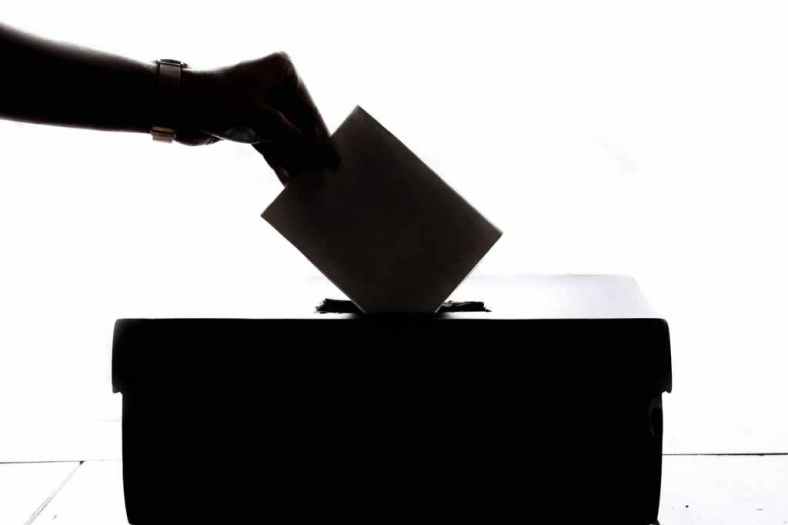
Does the President of the United States have the power to cancel the election, and what would be the reasons to justify that action?
This is an excellent question, and the short answer is “NO”! The long answer, is a little more nuanced and depends on which type of election will be taking place. Thanks to the foresight of the Founding Fathers, elections are generally under the jurisdiction of individual states, not the federal government. Article 2, Section 2, Clause 1 of the U.S. Constitution is very clear that the President doesn’t have the power to cancel/suspend any election. Congress has the power to cancel or suspend a Presidential election, but that would require both a serious national crisis (a catastrophic natural disaster or act of war), and for the Senate and House of Representatives to be in agreement on whether the criteria has been met. And even if a Presidential election got canceled by an act of Congress or an executive order, Congressional and Senate elections would still take place. That takes away the incentive for Congress to bow to the whims of the President.
As far as the likelihood of Congress suspending an election for war, it should be noted that Presidential elections took place during the War of 1812, the Civil War, World War I and II, the Korean War, the Vietnam War, the Persian Gulf war, and the ongoing wars in Iraq and Afghanistan. If Congress failed to suspend elections through three centuries worth of conflicts, there’s little reason to expect them to suspend the upcoming 2020 election over a potential proxy war with Iran.
Have elections ever been postponed or delayed?
Yes, they have, but at the local and state levels. New York postponed local elections after the tragedy of 9/11. Hurricanes and wildfires have delayed county elections, but it’s not commonplace. Most election jurisdictions have contingency plans in place just in case there are events that are completely out of their control.
Why did the primary in my state get canceled? Is this legal?
Although it’s unusual, it is perfectly legal for a partisan primary to be canceled. Political parties pay for the partisan primaries, and if they choose not to primary their candidate, they have every right to do so. The point of a partisan primary is to ensure the candidates can meet the 15% threshold of party delegates, who select the candidates that go on the state primary and general election ballot. If it looks like only one candidate can win the majority of delegates, then there’s not much point in spending millions of dollars for a primary.


